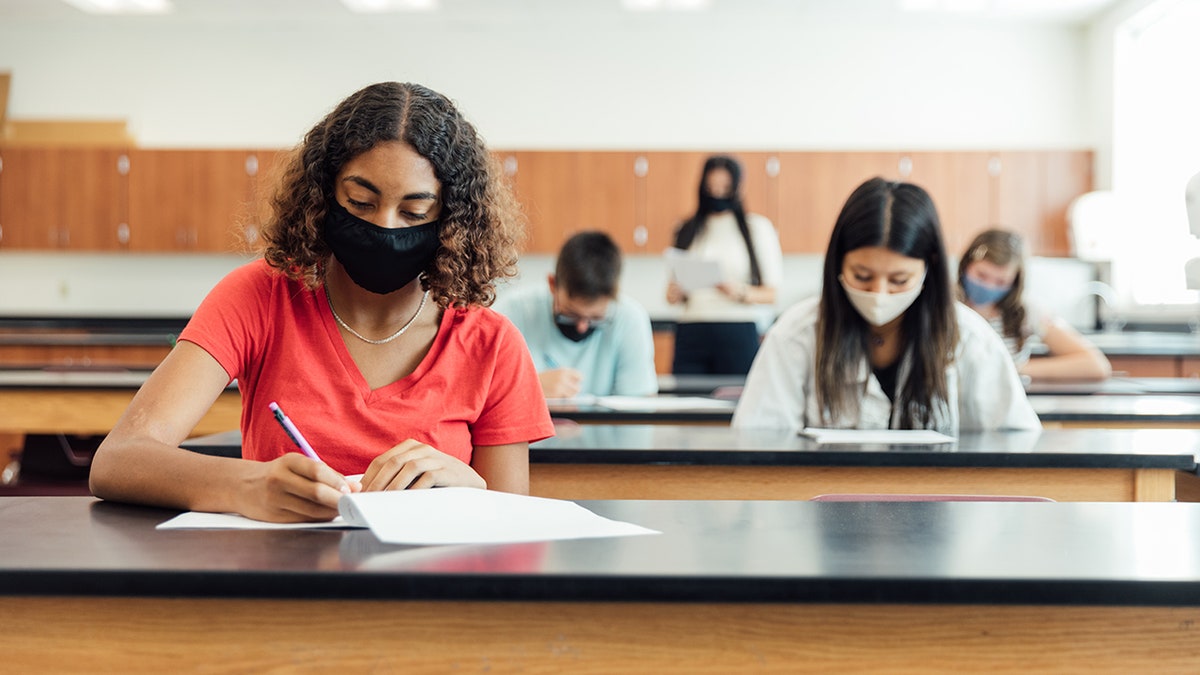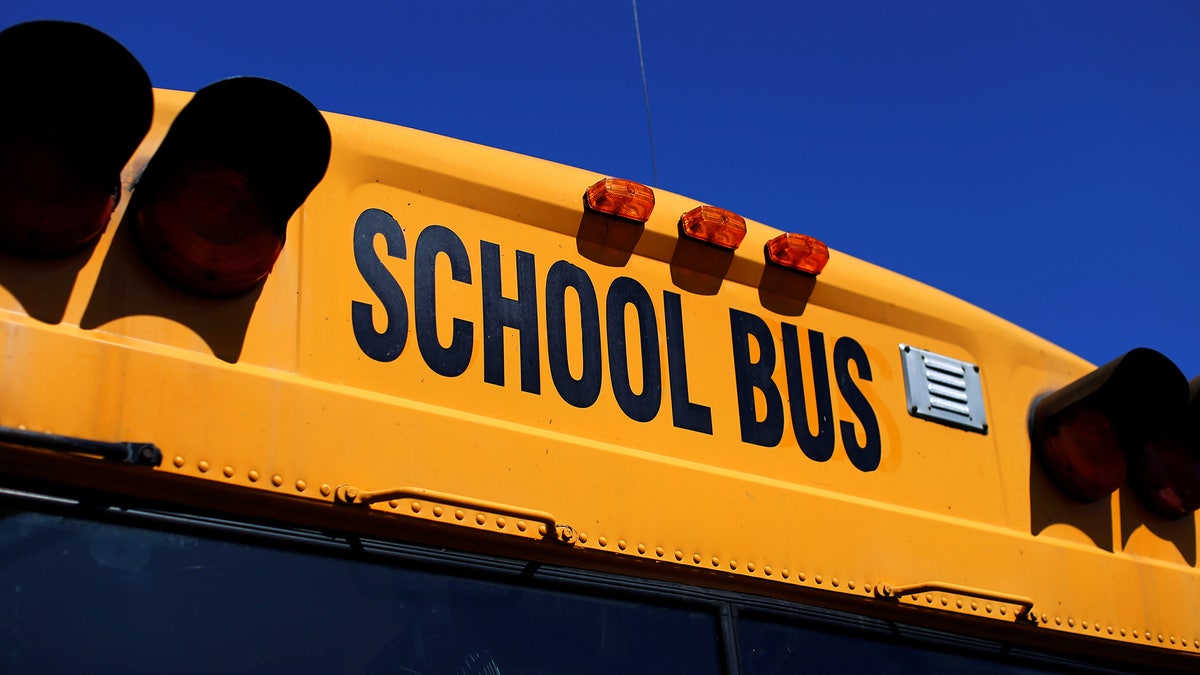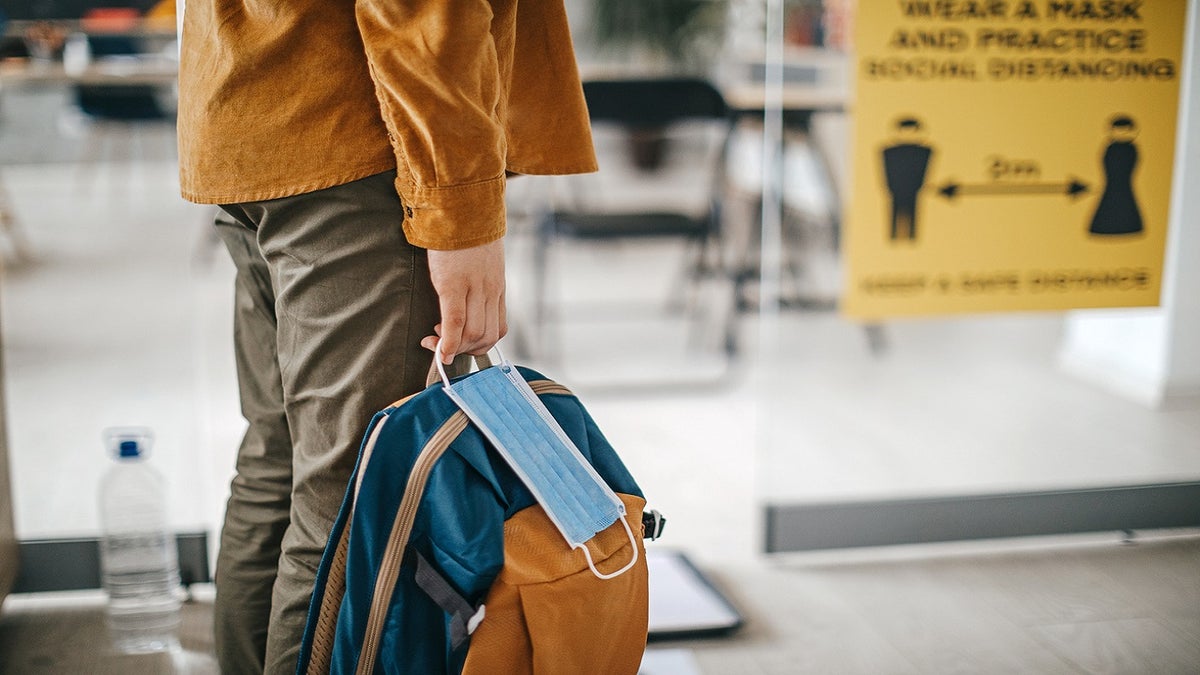Oregon lowering learning standards 'bigotry of low expectations': Maj Toure
Cicero Institute COO Whitney Munro and 'Black Guns Matter' founder Maj Toure discuss Oregon's call to exterminate reading and math as education requirements.
Because children explore more than adults, this helps them learn better than grown-ups, according to a recent study.
The study notes when adults attempt something new but get a negative result, they usually won’t try it again.
One of the co-authors, Dr. Alison Gopnik, a professor of psychology at UC Berkeley, wrote, "That might seem like the most basic kind of intelligence—even rats stay away from a path that leads to a shock."
The downside, she said, if adults immediately reject something new after we get a bad result, "we will never learn that the world is more complicated than that."
BETSY DEVOS: LET'S LIBERATE KIDS FROM RACE INDOCTRINATION WITH SCHOOL CHOICE
Children, on the other hand, have intense curiosity and drive to explore and this helps them learn so many different things and so quickly, according to the study.
Together with NYU cognitive scientist Emily Liquin, she conducted a scientific experiment to test if young children’s drive to explore more than grown-ups influences the way they learn.

High school students and teenagers go back to school in the classroom at their high school. They are required to wear face masks and practice social distancing during the COVID-19 pandemic. They value their education and are excited to be in school. Image taken in Utah, USA.
They gave 64 young children (ages four and five) and 87 adults a game where each placed different blocks on a machine with one rule: If the machine lights up, they get a prize consisting of a star, but if the machine doesn’t light up, they lose twice as much.
The goal of the game was to discover that all the blocks work except for the ones with white spots (in other words, the ones with black spots were fine).

A young girl in Memphis said she was attacked while walking to the school bus. (REUTERS)
Most of the children were able to figure out the rule correctly, whereas more than 70% adults couldn’t, but it came at a cost: The children earned fewer stars.
HOW TO ROAD TRIP WITH KIDS, FROM PARENTS WHO LIVE IN A BUS YEAR-ROUND
She describes it as a "learning trap" experiment that showed adults often leap to faster conclusions, while children are more willing to explore and gather more information before they decide on a result.

iStock
The study has a major limitation as it only studied four to seven-year-olds compared to adults in the United States, noting because cultural differences may also play a role in how children learn as well, more research is needed to generalize it to a broader population and context, according to the paper.
CLICK HERE TO GET THE FOX NEWS APP
Gopnik concludes, "We grown-ups are often so anxious to exploit that we don’t explore, so afraid of losing stars that we miss the chance to learn something new."
"Children, in contrast, are natural explorers, willing to sacrifice stars for the sake of information. You need both types of thinking to thrive, but we grown-ups might learn something from those insatiably curious kids," she added.









































